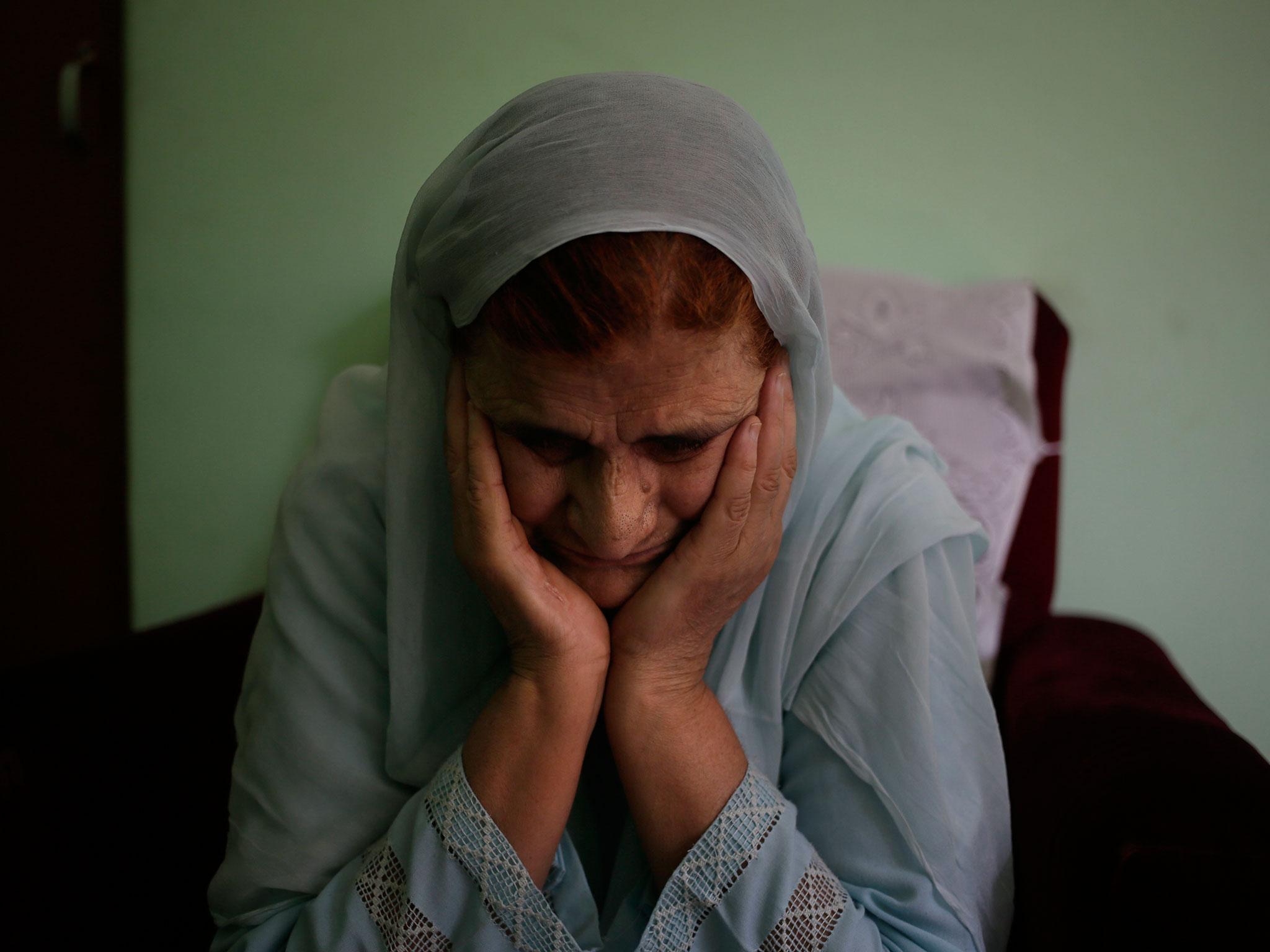Partition 70 years on: The violence that created Pakistan and India
'You think Hindus and Muslims only have bloody guns pointing at each other? No, they don't,' one survivor says

The partition of India, which led to the deaths and displacement of millions of people and the creation of two countries, happened 70 years ago this month.
The 15 August 1947 is seared into the collective consciousness of Indian and Pakistani people across the world, as India was freed from the British Empire and cut into two.
What became the ‘Radcliffe Line’ – the eventual border between the two countries – split communities and divided families, and the British authorities’ decision to grant sovereignty has been criticised for its haste.
Speaking to Associated Press, Krishen Khanna, who was 21 years old when he and his family left Lahore after worries that their Hindu family would be targets post-partition, said: “Historically it [the partition] needn’t have happened. A few more years could have spared the kind of trouble and the kind of hatred and the kind of mess that went on.
“You think Hindus and Muslims only have bloody guns pointing at each other? No, they don’t.”
Following the partition, communities who had previously been living in relative peace erupted in violence along sectarian lines, and Muslim, Sikh and Hindu neighbours were pitted against each other.
Mohammad Ishaq, living in Rawalpindi, then in newly created Pakistan, recalls the brutality: “That was the time of extreme fear. Then only the men stayed in their homes. The women and children were sent to safer places.”
He remembers attacks on wealthy Sikh homeowners in Muslim neighbourhoods, and found the body of one of them lying on the street.
“When I first saw the body, I turned pale and I was so scared that I didn’t dare come out of my home for many days,” he said.
Eighty-year-old Muslim Shamsul Nisa, at the time 10 years old, witnessed the death of her father, grandfather and six uncles at the hands of a Hindu mob in Udhampur, a southern town in the disputed territory of Kashmir.
Sikh Hira Gulrajani was forced to walk over the pages of the Guru Granth Sahib in Karachi. Refusing to do so meant facing accusations of being non-Muslim and the danger of a knife attack.
“I saw what was happening,” he said. “I don’t feel that bad for having lived through the episode by walking over those pages.”
Shamim Uddin had made the long and arduous journey with his wife and young child from what is now the Indian state of Uttar Pradesh, until he reached Pakistan in 1950. “Muslims did not feel safe any more.
“Everyone’s luggage was on the roads. Five generations of culture and tradition, basically, was being sold on the streets.”
Writing for The Guardian, historian and Oxford lecturer Dr Yasmin Khan blames the British for the inopportune timing of the partition, and subsequent violence.
“The British government had repeatedly delayed granting freedom in the 1930s, when it might have been more amicably achieved… the planning was shoddy and the date was rushed forward by a whole year; the original plan was for a British departure in mid-1948.
“The British come out of the story looking ill-prepared, naive and even callous.”
The partition also gave birth to a terrible refugee crisis, with some 15 million displaced people forced to leave their homes to travel to Pakistan, India and elsewhere.
Mr Gulrajani said: “In our own country, India... we were called Pakistanis. That hurt.
“Was this type of independence necessary? We had imagined an independence where we would be rid of the foreign forces, but not that we would have to fight among ourselves.”
Join our commenting forum
Join thought-provoking conversations, follow other Independent readers and see their replies
Comments
Bookmark popover
Removed from bookmarks